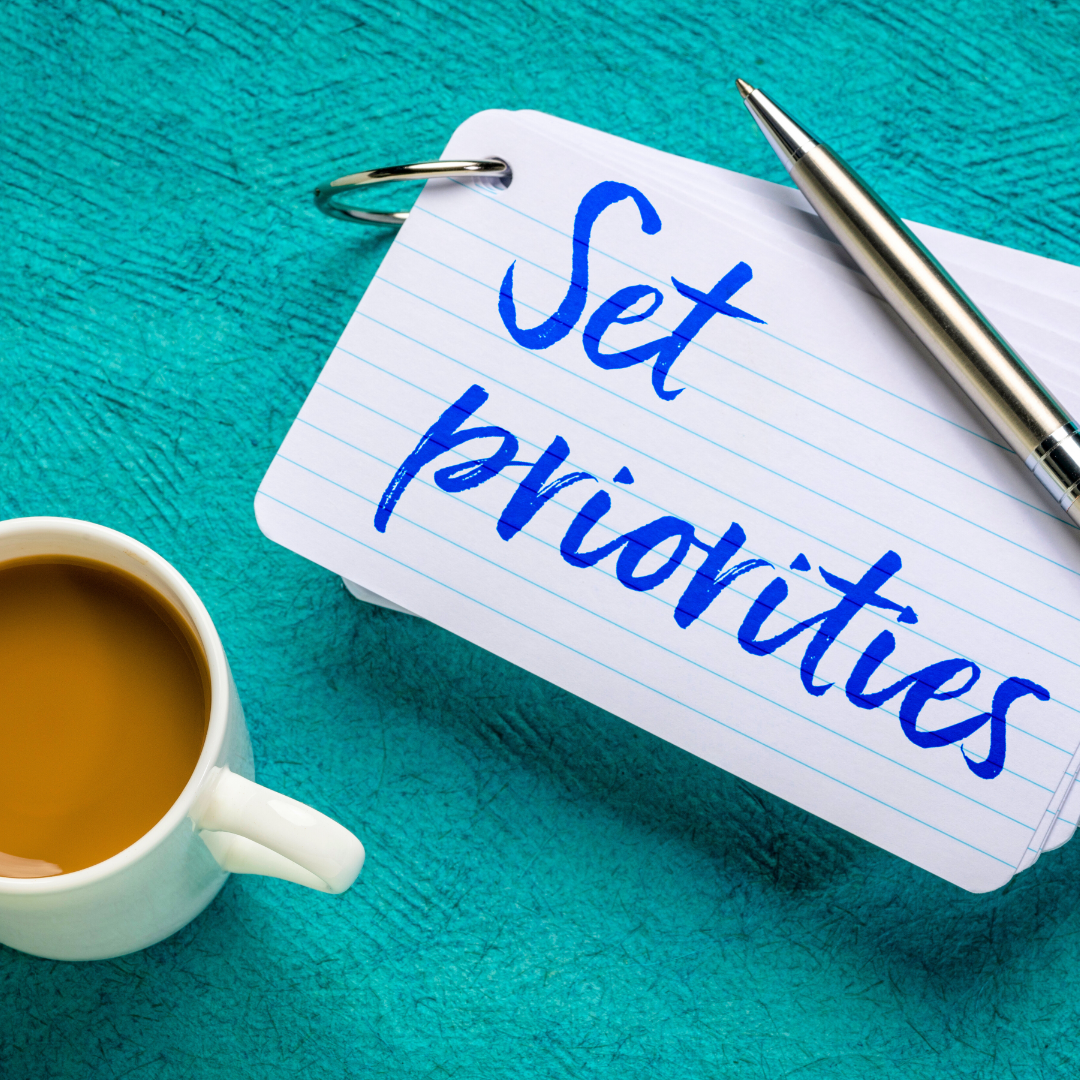
Amelia Bentrup discusses the virtue of self-discipline and how to work on developing it.
Most people who know me think I am a very self-disciplined person. On the surface, that seems to be true. I regularly work-out and fast. I am able to stick to a regular prayer routine and go to bed early and keep up with the laundry and basic household tasks. Although truth be told, my cleaning definitely falls into the “good enough” category and not the House Beautiful category.
However, self-discipline is a struggle for all of us. While others looking on (including my husband) think that I am just naturally self-disciplined, the truth is I have just as much of a desire to sit around on the coach, eat chocolate and chips, and just veg all day as anyone else.
As moms, we are really good at developing discipline around things we have to do. I am sure no mother reading this would let her child go unfed or her baby’s diaper go unchanged. And for many years, I used the mom excuse as a reason why I couldn’t be disciplined in other areas of my life. I couldn’t pray because I was always interrupted. I couldn’t do any more than basic cleaning because I had small children and they would just mess it up anyway. I couldn’t eat healthy because I was too busy cooking for my kids.
But the truth is, I could have done those things if I had made them a priority. We do the things that are important to us. If I had made prayer or eating healthy or housecleaning a priority in my life, I could have gotten it done.

What is self-discipline anyway? And how does one develop it?
Discipline is the practice of training a person to abide by certain rules, practices or moral codes, and self-discipline is merely doing that to yourself. At the heart of self-discipline is developing habits and routines that work toward your goals instead of against them. For example, one goal of mine is to be a saint. Not a canonized one, just a person that made it to heaven (likely after a long stint in Purgatory). So what will help me further that goal? Prayer does, as does fasting. Over consuming social media does not lead me closer to that goal.
In the moment when I have a choice, I like to think in terms of my future self. It helps my present self to think in terms of what my future self will be thankful for. For example, my future self will thank me for exercising or cleaning or doing laundry or eating vegetables or washing dishes or praying. When the moment of desire passes, you are only left with your future self. How will your future self think about your present self’s choices?
While that may all sound well and good, in the moment, how does one develop the self-discipline to make choices that your future self will be happy with? I find there are really two key components. These are prayer and practice.

Prayer:
Without prayer, we can do nothing. Yet prayer, itself, is a practice that requires a lot of self-discipline.
Prayer presupposes an effort, a fight against ourselves and the wiles of the Tempter. The battle of prayer is inseparable from the necessary "spiritual battle" to act habitually according to the Spirit of Christ: we pray as we live, because we live as we pray. (Catechism of the Catholic Church 2752)
If you only develop one habit of self-discipline this year, make it the habit of prayer. I find it very fruitful to make prayer the very first thing I do each morning. Before checking my text messages or my email or social media, I pray a morning offering, read the daily Gospel readings, and pray a few other novenas and prayers that I have incorporated into my routine. I do it before I even get out of bed. Another suggestion I read is to keep a crucifix by your bed, and as soon as your eyes open, grasp it and pray an Our Father, a Hail Mary and a Glory Be.
Another way to incorporate the daily habit and discipline of prayer is to chain it to other things. Pray while nursing the baby or brushing your teeth or exercising or driving your kids to school. That is how I was able to develop the discipline of both a daily Rosary and daily exercise. I pray the Rosary while walking or running.
Practice:
The second important part of developing self-discipline is just to practice it. Set small, manageable goals and then stick with it. Don’t make it a goal to do a grueling 60-minute workout each day; start with just 15 minutes a few days a week and build from there. Also, self-discipline in one aspect of your life often leads to self-discipline in other areas.
Developing discipline in your prayer life will lead to discipline in eating or exercise. If you are in a state of life where you are able to practice fasting (neither pregnant nor breastfeeding), I highly recommend it as a tool to help develop discipline in other areas.
Keep trying. The biggest detriment against self-discipline is an “all or nothing attitude.” I already missed exercise yesterday, so I might as well skip today too. Or I haven’t gone to Confession in three months, what is another few weeks? We must fight against that attitude. Practicing a discipline imperfectly is better than not practicing it at all. Lean on God and each day ask for strength to further develop the self-discipline your future self will thank you for.

Copyright 2024 Amelia Bentrup
Images: Canva
About the Author

Amelia Bentrup
Amelia Bentrup is a wife and mother of five children ranging in age from early elementary school to college-aged. She spends her days homeschooling, being a semi-adequate housekeeper, writing, transcription editing, chauffeuring kids, walking through the woods, praying, and caring for a large assortment of pets that include three cats, two dogs and a rabbit. Occasionally, she tackles house projects that she immediately regrets starting,


.png?width=1806&height=731&name=CatholicMom_hcfm_logo1_pos_871c_2728c%20(002).png)
Comments